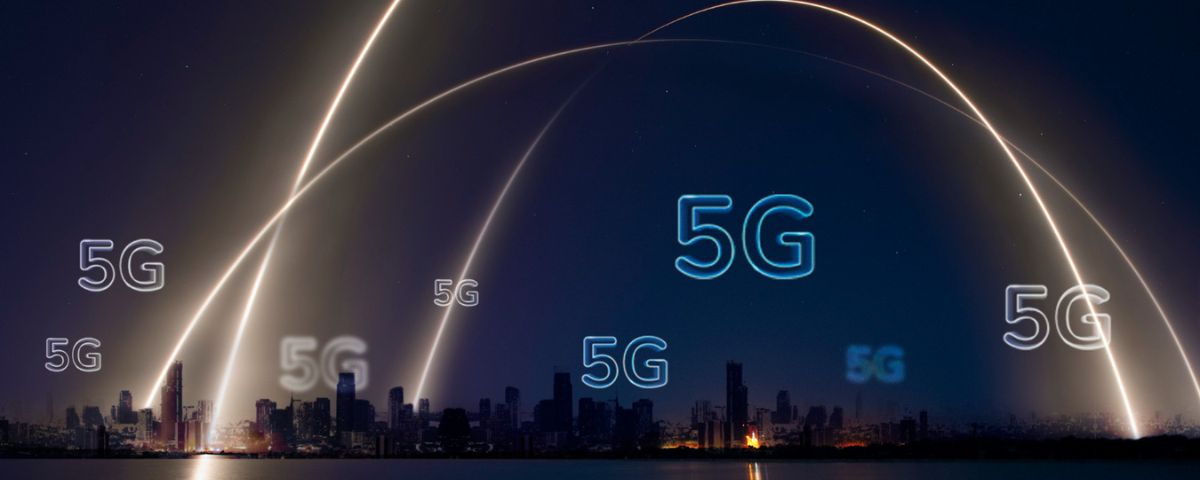
The number of 5G connections reached 1.6 billion by the end of last year, with projections indicating a surge to 5.5 billion by 2030, according to the ‘Mobile Economy 2024’ report by the GSMA. The report anticipates that 5G connections will constitute over half (51%) of mobile connections by 2029, rising further to 56% by the end of the decade, establishing 5G as the dominant connectivity technology.
As users transition from legacy networks like 2G and 3G to 4G and 5G, the number of connections on older networks will continue to decline, leading to an increasing number of network sunsets. GSMA Intelligence estimates that 143 legacy networks are scheduled for retirement between the end of 2023 and 2030, with approximately 50% of these planned by the end of 2024.
The report reveals that as of January 2024, 261 telecom operators across 101 countries globally had launched commercial 5G mobile services, with over 90 telcos from 64 markets committed to launching 5G in the near future. Regions such as the Gulf Cooperation Council (GCC) states, developed Asia Pacific, North America, and Greater China are expected to lead in 5G adoption due to expanded network coverage, intensified marketing initiatives, and growing penetration of 5G-enabled devices.
GSMA Intelligence notes that leading operators in these markets are transitioning to 5G standalone (SA) and planning for 5G-Advanced deployments. Out of the 261 commercial 5G services available, 47 are provided by 5G SA networks, with an additional 89 planned deployments in the near term.
However, in emerging 5G markets, the pace of growth in connections and coverage may be slower due to challenges related to device affordability and spectrum availability. India stands out as an exception, with its average monthly data usage of 19 GB ranking among the highest worldwide. GSMA Intelligence projects that mobile data traffic could grow at a compound annual growth rate (CAGR) of 23% between 2023 and 2030, surpassing 465 exabytes (EB) per month by the decade’s end.
Peter Jarich, Head of GSMA Intelligence, highlights the evolution of 5G beyond enhanced mobile broadband (EMBB) and related network traffic requirements. He emphasizes emerging opportunities in areas such as API monetization and 5G RedCap for enterprise Internet of Things (IoT), supported by advancements in 5G technology.



